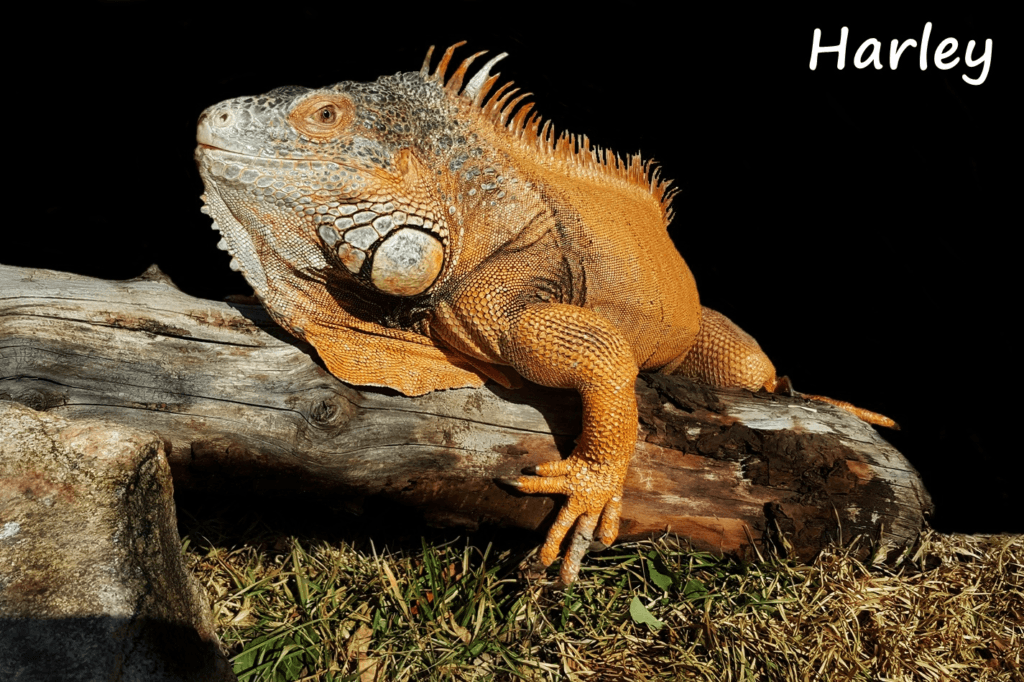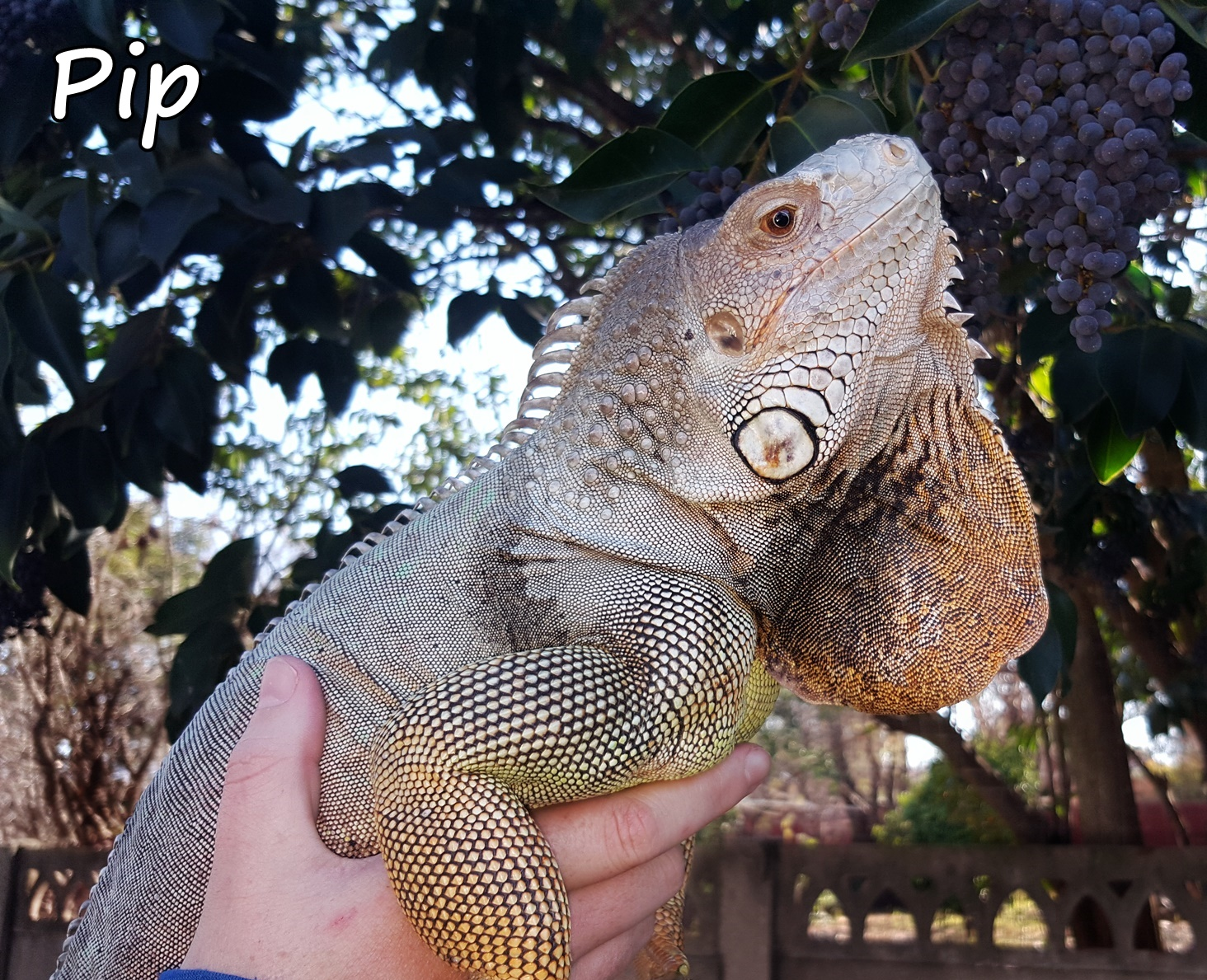Green iguanas have captured the fascination of many, but unfortunately, there are several myths that surround these magnificent creatures. Dispelling these misconceptions is crucial, as believing them can negatively impact the well-being of these reptiles. While some myths are harmless, others are essential to understand for the proper care of green iguanas. Below, we address and debunk a few prevalent myths that demand your attention:

Myth: Green Iguanas Can Thrive on Lettuce Alone
A vegetarian diet is indeed suitable for green iguanas, and lettuce can indeed be a part of their diet. However, relying solely on lettuce is a mistake. Most lettuce varieties offer limited nutritional value, and an iguana accustomed to this diet may resist consuming more nutritious foods. To ensure your iguana’s health, include high-nutrient leaves like turnip greens, collards, and mustard greens in their diet. A balanced and diverse diet is key to their well-being.
Myth: Iguana Growth Is Limited by Cage Size
Contrary to the belief that confining iguanas to smaller cages will restrict their growth, this myth is unfounded. Healthy green iguanas, when properly cared for, can grow up to six feet in length. Housing them in cramped quarters will not stunt their growth but rather lead to discomfort and a diminished quality of life. Providing a spacious and appropriately sized enclosure is vital for their overall health and well-being.
Myth: Hot Rocks Are Ideal Heat Sources
While some believe that hot rocks are suitable for maintaining an iguana’s body temperature, this misconception is perilous. Iguanas are cold-blooded animals, and excessive heat from hot rocks can lead to overheating or even death. Instead, opt for specialized lighting equipment available at pet stores, which provides the necessary warmth without posing a risk to your iguana’s well-being.
Myth: Gravel Aids Iguana Digestion
Placing gravel or small pebbles in an iguana’s enclosure to aid digestion is not only ineffective but potentially dangerous. Ingesting these materials can harm or even fatally injure your iguana. To support proper digestion, focus on offering a well-balanced diet and maintaining appropriate environmental conditions rather than resorting to potentially harmful practices.
Myth: Animal Proteins Belong in an Iguana’s Diet
Green iguanas are herbivores, and their bodies are optimized for processing plant-based foods. Contrary to the belief that they require animal proteins, animal proteins can lead to severe health problems. Excessive animal protein consumption can lead to problems like gout and kidney disorders. In the wild, iguanas may consume insects accidentally, but this does not constitute a significant part of their natural diet.
In conclusion, debunking these prevalent myths is vital for providing the best care to your green iguanas. By understanding and applying accurate information about their dietary and habitat needs, you can ensure a happy, healthy life for these captivating reptiles. Remember, responsible care and a well-informed approach are essential to the well-being of any pet, including green iguanas.
